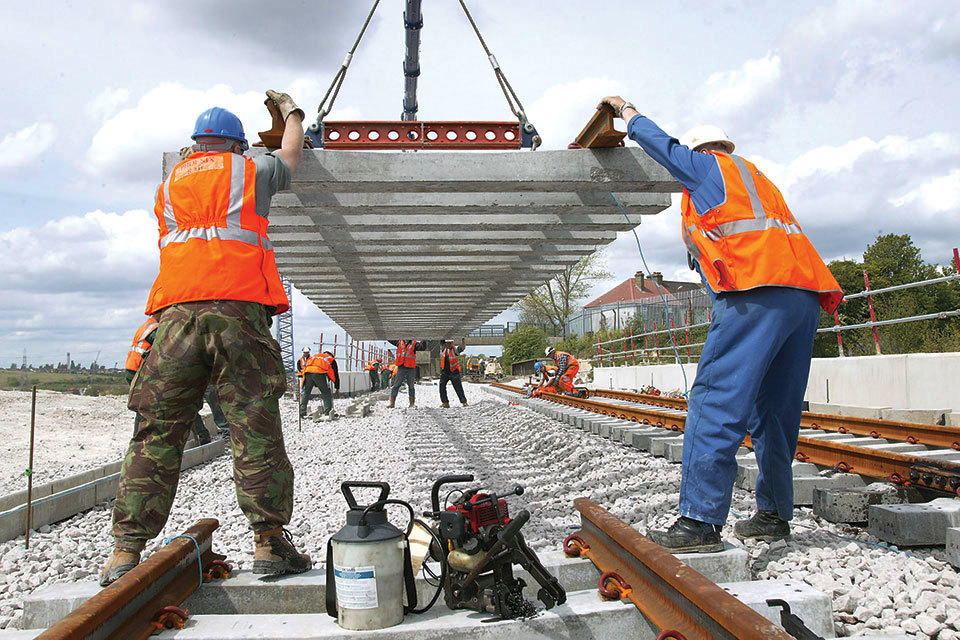tbtc
Veteran Member
The consensus on this thread seems quite an appealing argument, the idea that there’s no point in making mild/ medium reductions since the savings will be outweighed by the subsequent revenue loss
I can see why a lot of people want to believe this, I can see that it makes some sense (given the large fixed costs, the inflexible nature of “the railway”), I can nod along as I read people point out that cutting a tiny number of trains overall feels pointless because we’ll barely save any money other than a marginal amount of fuel but any reductions to services could make the railway less attractive and lead to a bigger revenue loss
However… The problem with this argument is that, if we accept that the Government want to freeze the Department budget (i.e. no inflationary increase, a real terms reduction) then the concept that even medium reductions will be counter productive on a railway that needs billions of pounds of subsidy a year, then that leaves only “status quo” and “bigger cuts” as an option for the Government
One of the frequent criticisms of Beeching are that he closed entire lines rather than tinkering at the edges and that he oversaw the sell off of land
But if you accept that salami slicing the number of services is pointless and that we’d be stuck paying for the upkeep of viaducts/ tunnels etc even if there were no services, then you can surely see why he felt he had to follow the paths that he did
Telling the Government that there’s no point in any mild/ medium changes feels like we are daring them to make much bigger cuts, which I don’t feel comfortable with. Because you’ve seen what they did to the rest of the public sector over the past dozen years, they were happy to oversee the closure of plenty of fire stations/ libraries etc so I doubt they’ll lose too much sleep over flooding off the land currently used by some basket case lines
I can see why a lot of people want to believe this, I can see that it makes some sense (given the large fixed costs, the inflexible nature of “the railway”), I can nod along as I read people point out that cutting a tiny number of trains overall feels pointless because we’ll barely save any money other than a marginal amount of fuel but any reductions to services could make the railway less attractive and lead to a bigger revenue loss
However… The problem with this argument is that, if we accept that the Government want to freeze the Department budget (i.e. no inflationary increase, a real terms reduction) then the concept that even medium reductions will be counter productive on a railway that needs billions of pounds of subsidy a year, then that leaves only “status quo” and “bigger cuts” as an option for the Government
One of the frequent criticisms of Beeching are that he closed entire lines rather than tinkering at the edges and that he oversaw the sell off of land
But if you accept that salami slicing the number of services is pointless and that we’d be stuck paying for the upkeep of viaducts/ tunnels etc even if there were no services, then you can surely see why he felt he had to follow the paths that he did
Telling the Government that there’s no point in any mild/ medium changes feels like we are daring them to make much bigger cuts, which I don’t feel comfortable with. Because you’ve seen what they did to the rest of the public sector over the past dozen years, they were happy to oversee the closure of plenty of fire stations/ libraries etc so I doubt they’ll lose too much sleep over flooding off the land currently used by some basket case lines

